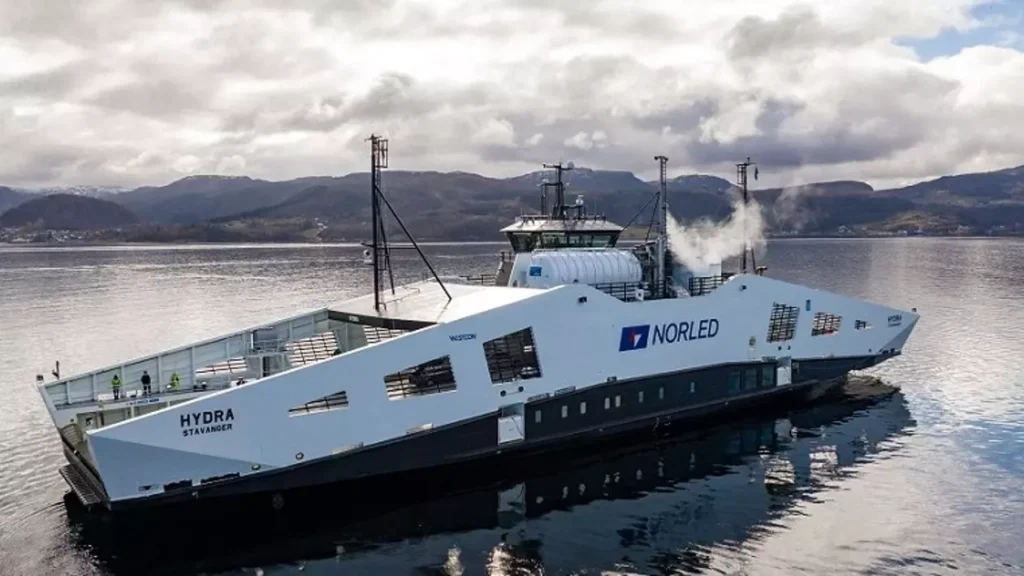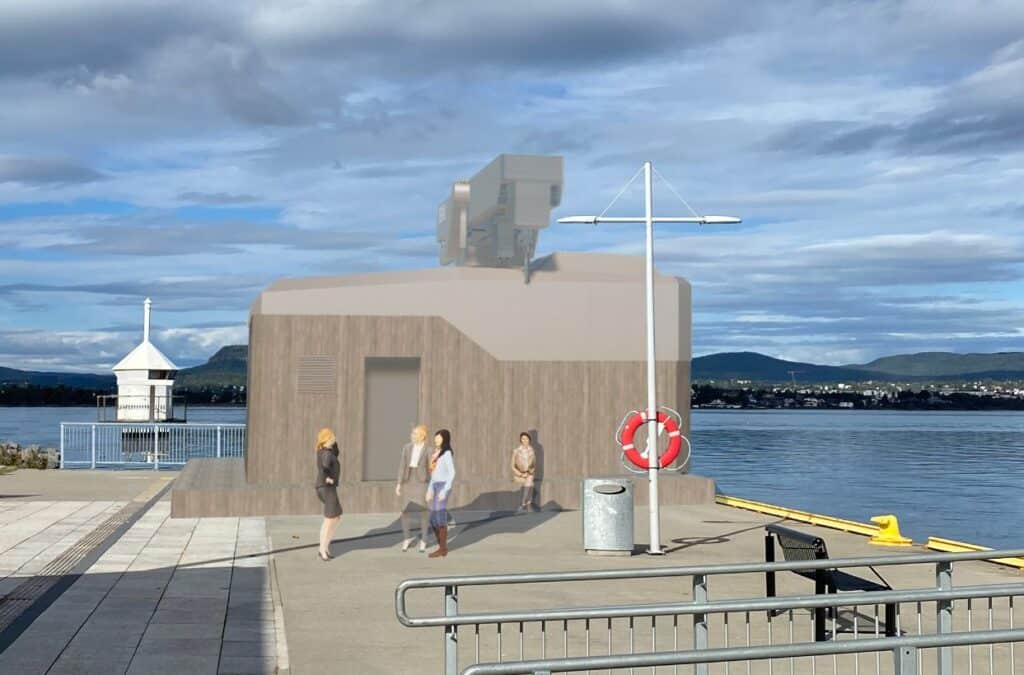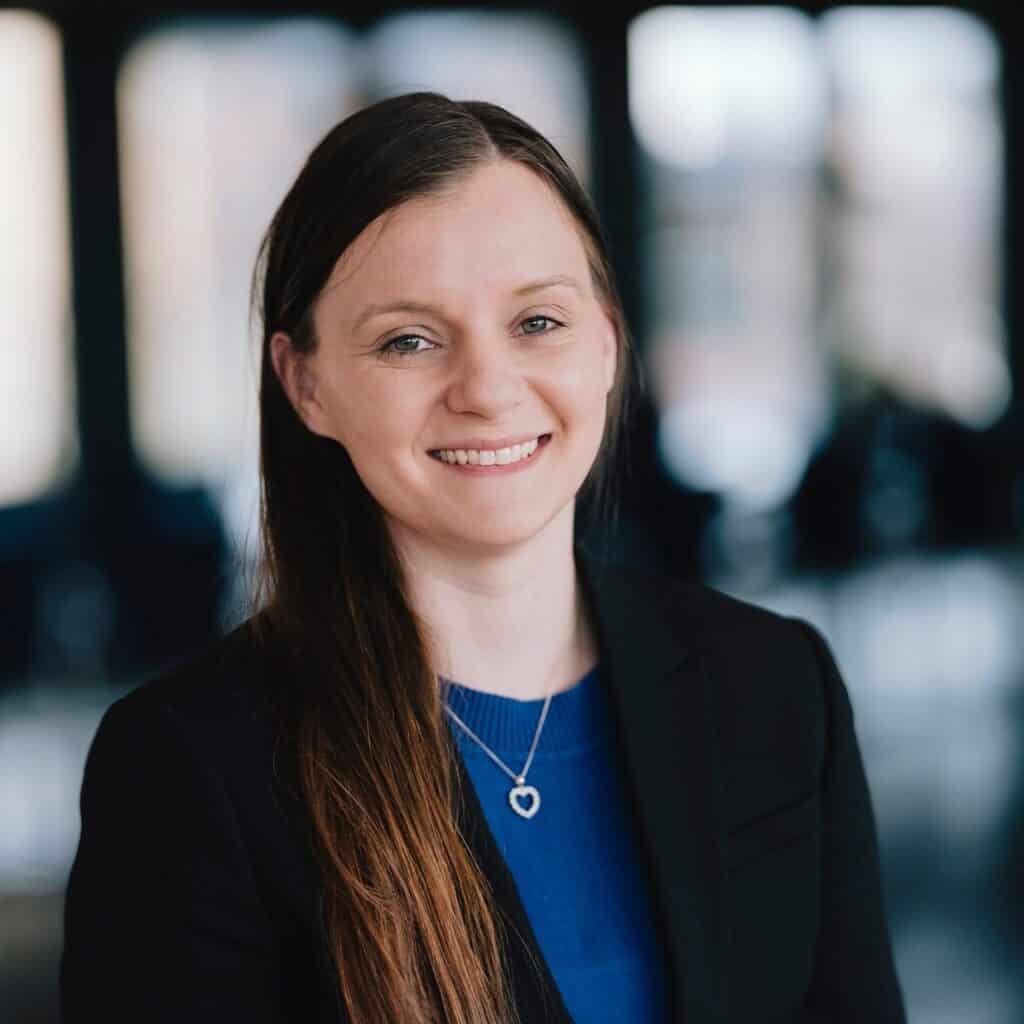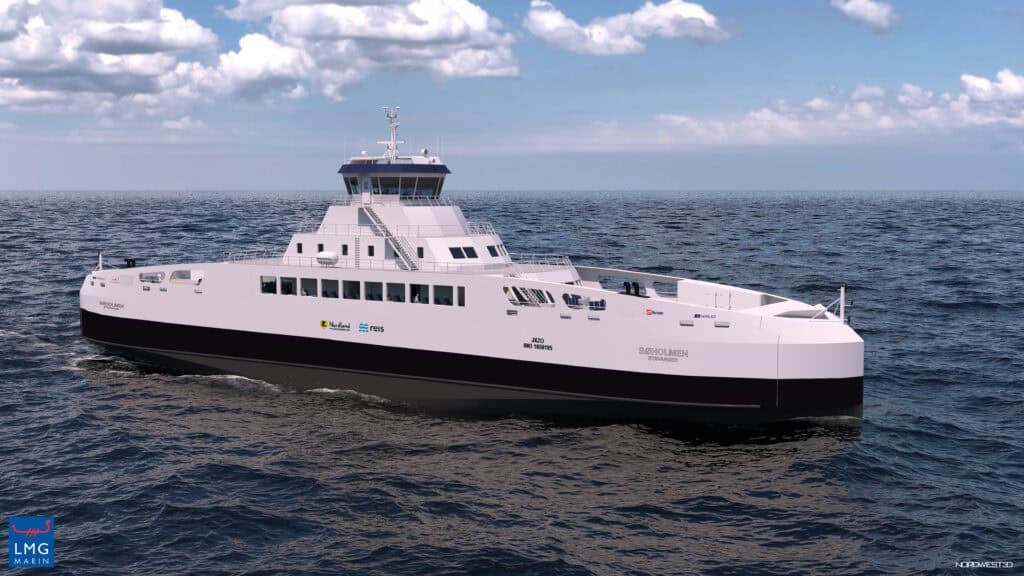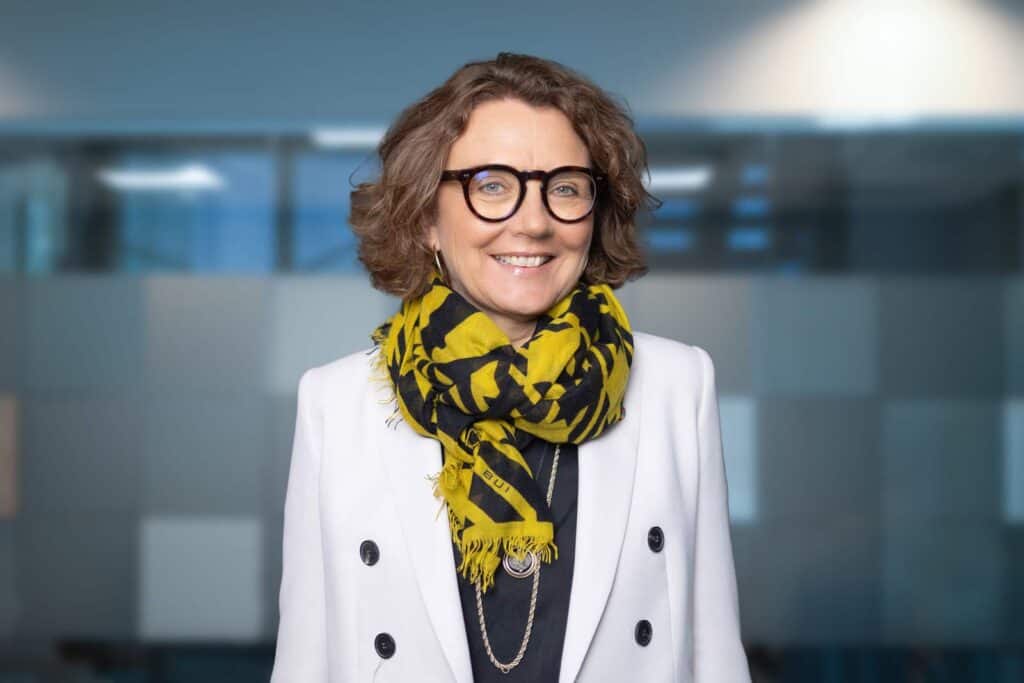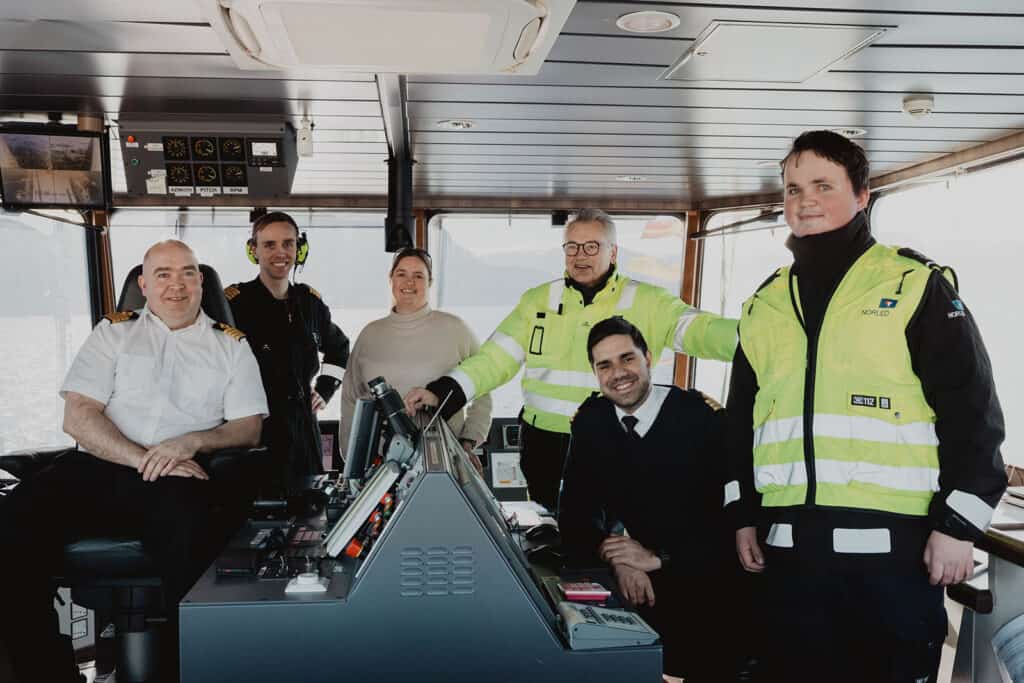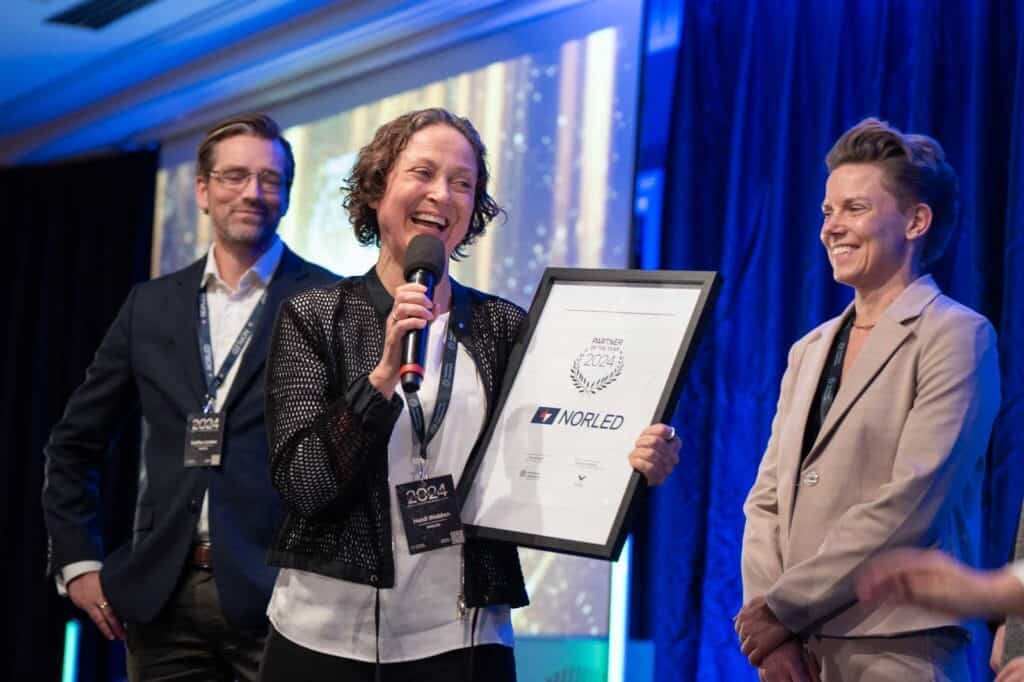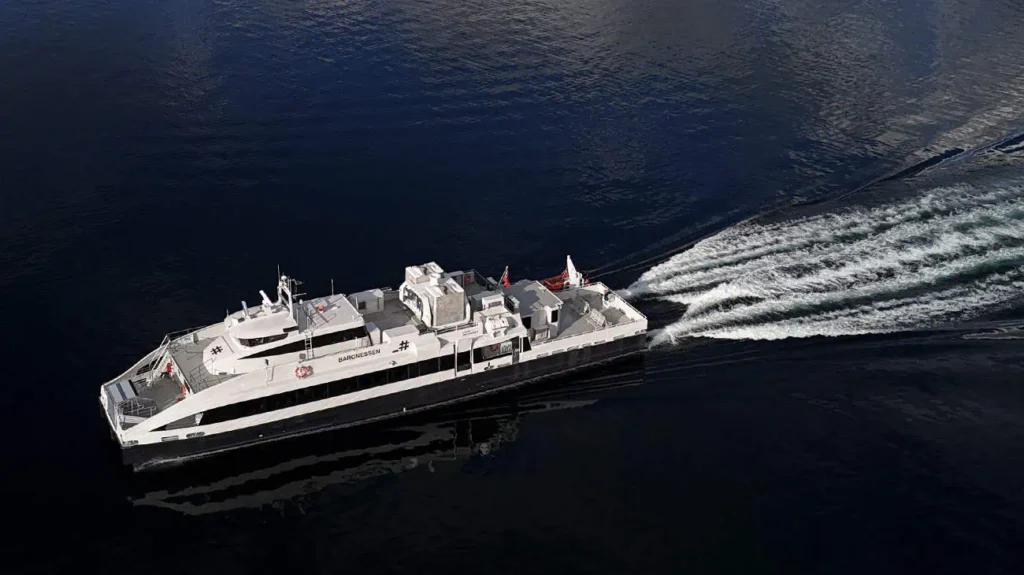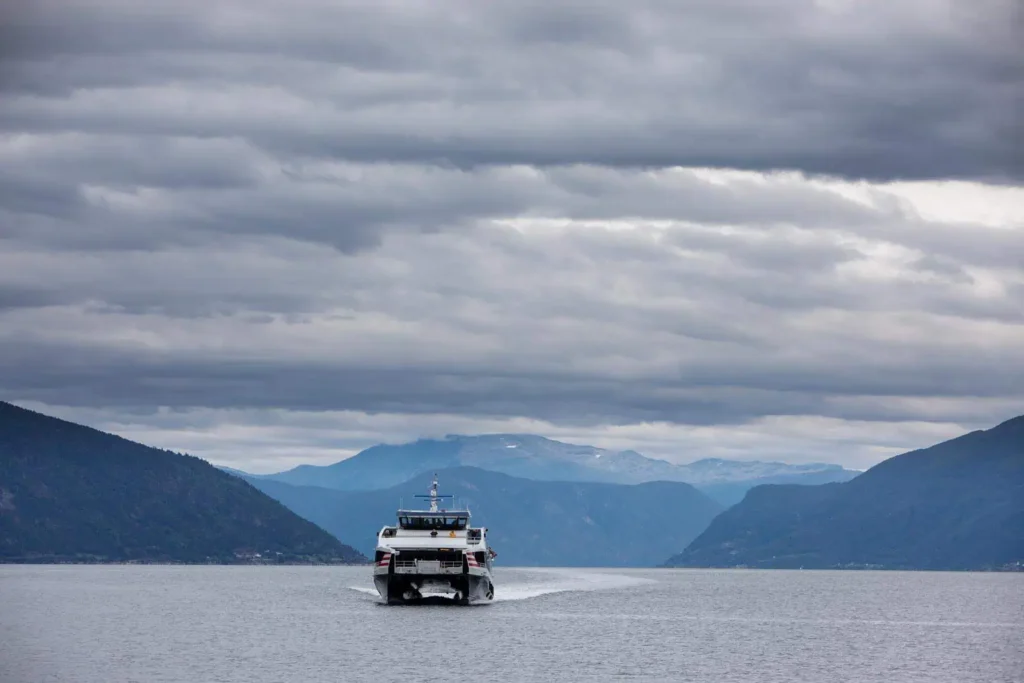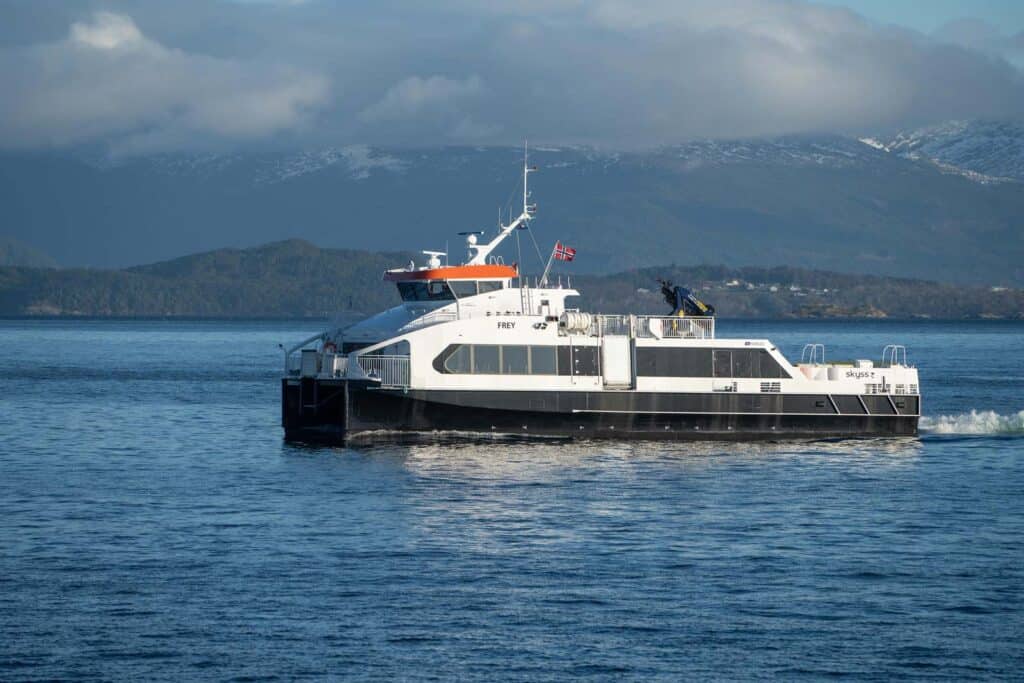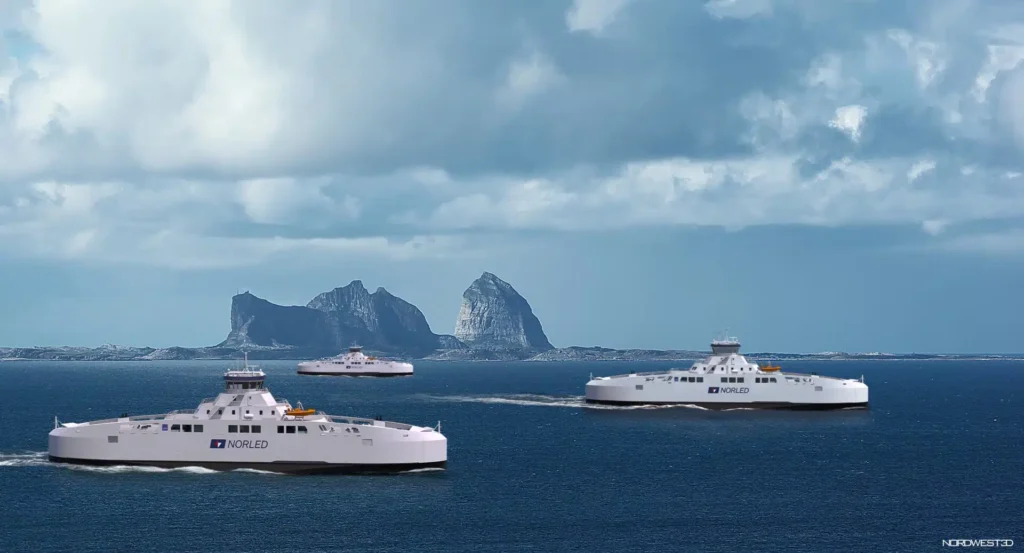– The Norwegian Public Roads Administration is proud to contribute to public procurement becoming an important tool for developing and implementing new technology, and thereby providing better services to road users,” says Anders Sæternes from the ferry department at the Norwegian Public Roads Administration.
– We have a tradition of using our role as a multi-billion-dollar buyer to accelerate development to achieve the goals set for the transport sector. It’s important for us to use our purchasing power for restructuring. Zero-emission vessels are an important part of this,” he adds.
Norway is at the forefront of the green shift in maritime transport, and the Norwegian Public Roads Administration is once again showing the way for the combination of new technology and the green shift.
We have over 20 years of green ferry innovation behind us. In 2000, MF Glutra was the first car ferry in the world to run on liquefied natural gas (LNG). This has lower emissions than traditional diesel operation. Eleven years ago, we launched the tender that resulted in the MF Ampere, the world’s first propeller-driven electric ferry.
And with the world’s first hydrogen ferry in operation, we are taking another big step towards zero emissions, both for ferries and other industries, in Norway and the rest of the world.
– A historic day
– “This is a historic day, both for Norled and for Norway as a leading shipping nation. Today we witness the world’s first ship sailing on liquid hydrogen,” says Heidi Wolden, CEO of Norled.
Since the turn of the year, Norled has carried out system tests at the quay in Hjelmeland. In recent weeks, sea trials have been carried out and the latest approvals are in place from the Norwegian Maritime Authority.
– “This is fantastic! There are only two companies in the world that use liquid hydrogen as a fuel: Norled on MF Hydra and the aerospace industry, which uses it as fuel for launches. It says something about the technological leap that has now been made for the maritime industry. After much development and testing, we are now looking forward to welcoming passengers on board to travel emission-free between Hjelmeland and Nesvik,” says Erlend Hovland, technical director at Norled.
Paving the way
Norled focuses on innovation and sustainable solutions. In 2015, the shipping company launched the world’s first propeller-driven battery ferry, MF Ampere. This led to an electric ferry revolution in Norway. Today, there are around 70 electric ferries in operation in the country.
– “It’s important for us to be at the forefront when it comes to technology development. Investing in innovation, sustainability and collaboration to develop new solutions is our way of taking social responsibility,” says Wolden.
When work on MF Hydra began, technology and regulations from classification societies and the Norwegian Maritime Authority were lacking. This is now in place.
Liquid hydrogen can play an important role in the green maritime transition. The pilot project at Hjelmeland is therefore very important for the global shipping industry.
The Maritime Clean Tech cluster works closely with the maritime industry and encourages the use of new emission-free technology.
– “Hydra” confirms Norway’s world-leading position in the development of new green maritime solutions. By putting the world’s first hydrogen ferry into operation on a Norwegian ferry route, we are once again demonstrating how purchasing power and good public-private partnerships can be used to develop new and groundbreaking technology. This is important if we are to achieve the Norwegian and international targets for significant emission reductions towards 2030 and 2050. When Norled once again dares to lead the way, it will be much easier for others to follow in MF Hydra’s wake,” says Ada Jakobsen, CEO of Maritime CleanTech.
Leading collaboration
Norled has led the project to develop the technology around MF Hydra.
– It has been an incredibly exciting, educational and challenging project. We have to praise the talented partners we’ve had on this journey, and not least the Norwegian Public Roads Administration. They set liquid hydrogen as a requirement in their tender, which forces the development of new technology. Together we have made history,” says Hovland.
Linde Engineering in Germany has supplied the hydrogen systems on board. Danish Ballard has developed the fuel cells that produce electricity from hydrogen. Westcon in Ølensvåg has been responsible for equipping and completing the vessel together with system integrator SEAM from Karmøy. SEAM has also supplied the control system for the hydrogen plant. Corvus Energy has supplied the batteries for MF Hydra and the vessel has been approved by Det Norske Veritas (DNV).
Maritime Director: – Important for Norway as a nation
Knut Arild Hareide, Director of Maritime Affairs, says that it is very important for Norway as a maritime nation that we have players who invest in new green technology, as Norled does with this hydrogen project.
– We know that there can be challenges when new technology is introduced, but it is positive that the Norwegian Maritime Authority has been closely involved in the project at an early stage, in the same way as we were when the first battery-powered car ferry was put into operation. This is obviously a very important project for Norled, but also for Norway as a nation. The fact that we, the industry and the authorities, are working together to facilitate new technology will give Norway a competitive advantage and can lay the foundation for new jobs, but also make it even more exciting to work in the maritime industry,” says Hareide.
Video and interview:
